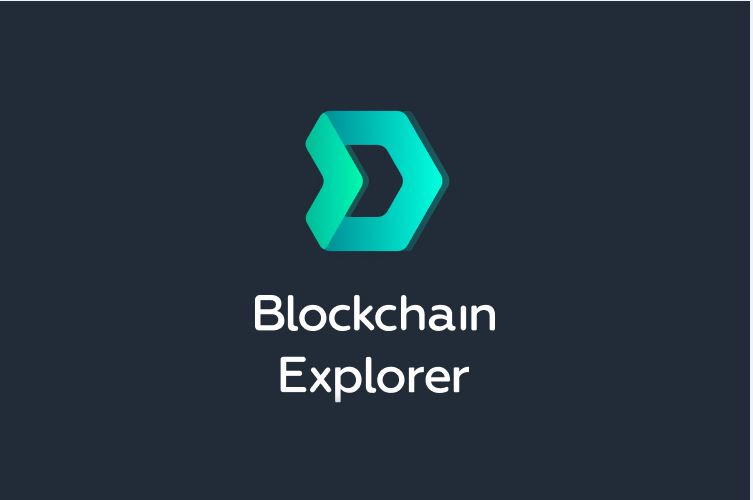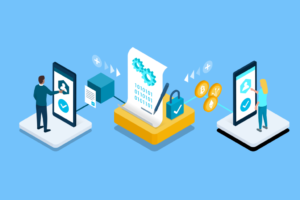Remember those old days when we all had one shared family desktop computer? Well, if you are old enough then you know exactly what I’m talking about. There were plenty of times that you were searching on the web and then deleting your history before your mom could use the same internet browsers to play Yahtzee!
A cryptocurrency block explorer is an online blockchain browser that can show the details of all transactions that have ever happened on a blockchain network. A blockchain is defined as a system in which a history of transactions made via cryptocurrency is maintained across several nodes that are linked in a peer-to-peer network.
There are block explorers for Bitcoin (BTC) and for individual altcoins like the Binance coin. A select few block explorers can be used on multiple different networks, while others are only for one specific blockchain. A BTC block explorer, for example, would only be able to find information from the Bitcoin network, such as when someone is sending Bitcoin to another wallet.
Below is a list I found at SoFi, this list includes the type of information you can view with a blockchain explorer.
- Examine the history of any wallet address, including all transactions sent to and from that address.
- Explore change addresses, which are transaction outputs that return coins to the spender to prevent too much of the input value from being spent on transaction fees.
- View blocks that aren’t attached to the main blockchain and whose parent blockchain is unknown. These are called “orphaned blocks.”
- Explore the largest transaction that was sent in the last 24 hours.
- Explore the number of double-spend transactions happening in a blockchain.
- Discover the individual or mining pool that mined a specific block.
- Explore the genesis block or the first block that was ever mined on a given chain.
- See other information specific to a blockchain, such as average transaction fees, hash rate, mining difficulty, and other data.
An explorer is basically a blockchain search engine, like Google or Bing. Please be advised that if anyone knows your public wallet address, they now could view every transaction associated with that address. Not to go down a rabbit hole, but there are some cryptocurrencies (Monero) that make it a lot harder for people to track your transactions even if they have your public address.
Below is a list of block explorers:






